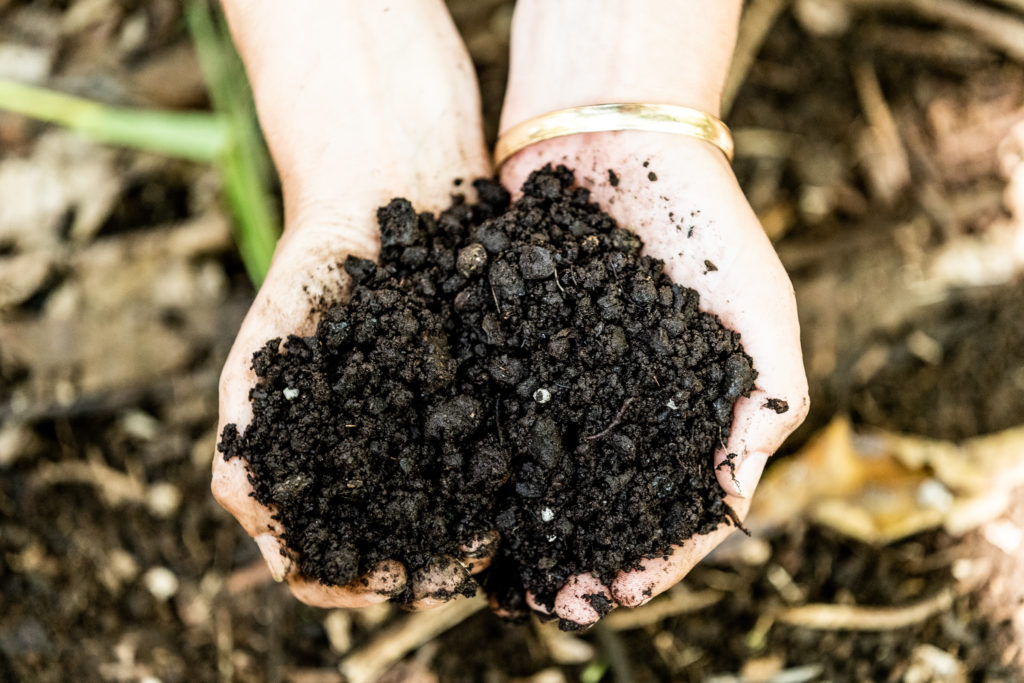
Imagining a Just World
“Director’s Notes” are excerpts from our monthly email newsletter, “Stories from the Garden.” Subscribe and see past issues here.
On the anniversary of W.S. Merwin’s death in March, when we were new to navigating the uncertainty and isolation of the pandemic, I wrote of ‘coming to understand our current moment as an invitation’ to stillness, and wonder. Today, a few months and another world later, I see this time not as an invitation but rather as a call to action. The murders of George Floyd and many Black, Indigenous, and People of Color in this country demand that individuals, communities, and organizations face histories, seek out blind spots, dismantle and rebuild the structures that let some in, and keep others out.
A call to action is sometimes a call not to act, but to sit in uncertainty and listen. Early in the year, as we assumed stewardship of this place and began to envision its future, we launched a formal process of listening—to those who knew William and Paula well, and those who had never encountered them or visited their garden; to those who helped start the Conservancy, and those to whom its commitments are unknown, unclear, misguided, or irrelevant. Plans were of course delayed, and have since shifted course; our first convenings have happened via ZOOM rather than along the garden paths and around Paula Merwin’s table. Yet our reach has expanded, and our resolve has deepened. We will bring a wide range of voices to the questions that will shape our future programs: What does it mean to hold in common what was once a private home and garden? How will we provide access to an extraordinary place in ways that steward people and place, ensure equity, and enrich our shared creative, cultural, and civic life?
Even as The Merwin Conservancy seeks its own footing, we will hold in mind the integrity and conviction of W.S. Merwin. I think of his decision, in 1971, to direct the public attention from his first Pulitzer Prize “toward what seems to me most important in my present relation to the public of the country in which I was born.” And I think of his palms, which were planted as acts of resistance, and thrive as such today. He did it not for the fruit, but because we must employ our capacity to imagine and enact a just world.
With much aloha,
Sonnet and The Merwin Conservancy ʻohana